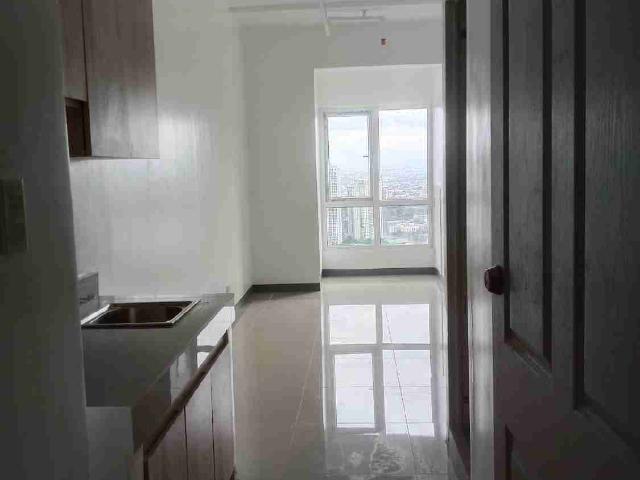Navigating condo lease expiry in Singapore can be a challenging endeavor, especially given the city-state’s unique real estate landscape. For residents, investors, and property owners, understanding the nuances of lease expiry is crucial to ensuring a smooth transition and safeguarding your interests. In this blog post, we’ll explore key considerations and strategies to effectively manage condo lease expiry concerns in Singapore.
Understanding Singapore’s Leasehold System
Singapore’s real estate market primarily operates on a leasehold system. Unlike freehold properties, where ownership is indefinite, leasehold properties come with a fixed lease term. Common lease terms are 99 years, 999 years, or a shorter duration, and once the lease expires, the property reverts to the state.
For condos, the most typical lease term is 99 years. This system is designed to ensure land is used efficiently and benefits multiple generations of Singaporeans. However, as the end of the lease approaches, various concerns and questions arise, especially about property value, redevelopment, and legalities.
Key Concerns When a Condo Lease Is Approaching Expiry
- Property Value DepreciationAs a lease nears its expiry, its value can decrease. This depreciation is due to the diminishing lease term, which reduces the property’s attractiveness to potential buyers. Investors and homeowners should be aware that properties with less than 30 years on their lease might see a steeper decline in value. Buyers are often reluctant to invest in properties with limited lease terms due to the impending expiry and potential complications.
- Redevelopment OpportunitiesWhen a lease nears its end, the property may become eligible for redevelopment. Singapore’s Urban Redevelopment Authority (URA) oversees this process. For developers, this presents an opportunity to acquire the land and redevelop it into new projects. However, the redevelopment process can be complex and involves negotiations with current leaseholders.
- Compensation and Compensation ProcessIf a property is acquired for redevelopment, leaseholders are typically entitled to compensation. The compensation amount is based on the current market value of the property, and additional considerations such as relocation assistance may also be provided. Understanding the compensation process and negotiating effectively can help leaseholders secure fair treatment.
- Legal and Procedural MattersNavigating the legal aspects of lease expiry can be daunting. The legal framework governing leasehold properties includes various regulations and guidelines. Engaging a real estate lawyer familiar with Singaporean property laws can provide clarity and ensure that your interests are protected. If you would like additional free advice, tips, and timely, current information about how to navigate Singapore’s condo lease expiry concerns, you may visit Emerald Of Katong Condo to learn more.

Strategies to Manage Lease Expiry Concerns
- Stay Informed and Plan AheadStaying informed about the remaining lease term and potential impacts on property value is crucial. Monitor the lease term and begin planning for the future well before the lease expires. This includes considering options for selling the property, preparing for possible redevelopment, or exploring alternative housing arrangements.
- Consult Real Estate ExpertsEngage real estate professionals who are knowledgeable about Singapore’s condo market and leasehold properties. Real estate agents and property consultants can provide valuable insights, help assess property value, and guide you through the selling or redevelopment process. Their expertise can be particularly beneficial when dealing with the complexities of lease expiry.
- Consider Property UpgradesIf you plan to sell the property before the lease expires, consider making improvements to enhance its value. Upgrading the condo’s interior or exterior can attract potential buyers and help achieve a better selling price. Ensure that any upgrades are cost-effective and align with market demands.
- Explore Government SchemesSingapore’s government offers various schemes and incentives that may assist leaseholders during the lease expiry process. Familiarize yourself with these schemes, such as the Selective En bloc Redevelopment Scheme (SERS), which allows for the redevelopment of older properties. Understanding these options can provide additional pathways and support.
- Prepare for RelocationIf redevelopment is imminent or if the property’s lease is nearing expiry, start preparing for relocation. Identify alternative housing options and consider the logistics of moving. Planning ahead can minimize disruption and ensure a smoother transition to a new living arrangement.
- Engage in NegotiationsWhen dealing with redevelopment or compensation, negotiation skills are essential. Engage with developers or the relevant authorities to discuss compensation terms and ensure that your interests are represented. Having a real estate lawyer or consultant during this process can enhance your negotiating position and help achieve a fair outcome.
Conclusion
Navigating condo lease expiry concerns in Singapore requires careful planning, expert advice, and an understanding of the legal and market landscape. Whether you’re a property owner, investor, or resident, being proactive and informed can help you manage lease expiry challenges effectively. By staying updated on lease terms, consulting with real estate professionals, and exploring available options, you can make informed decisions and ensure a smooth transition as your condo’s lease approaches its end.
For those facing lease expiry, remember that proactive management and strategic planning are key. Embrace the opportunities that may arise from redevelopment or compensation, and seek professional guidance to navigate this complex process with confidence.




